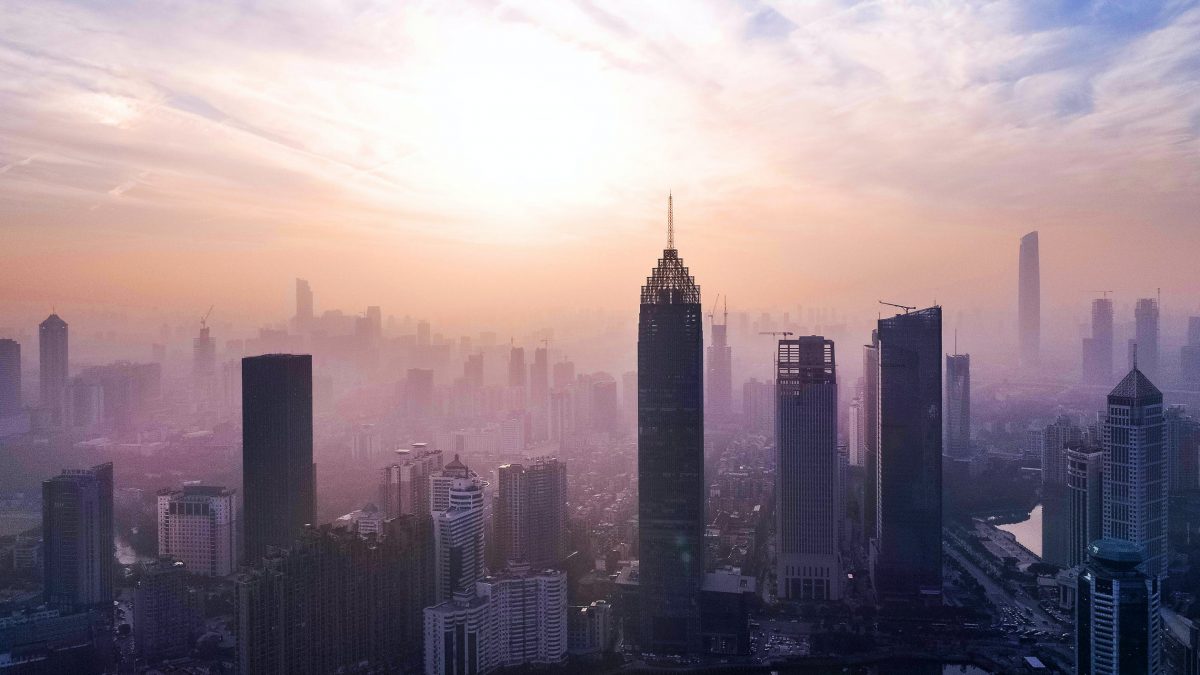Tag: China
-
New Space Race
India and China are working hard to establish new milestones in space. The big difference is in the capital outlay that they are making.
-

Learning by Proxy | China
This edition became insanely long. I going to have to take some of the stuff that happened this week and move it to the next edition. Something significant is afoot in China and its relationship with the rest of the world. As a kid, I used to love cricket. Now and then there would be…
-
Learning by Proxy | Business of Politics and Politics of Business
Every Saturday, I publish this series called “Learning by Proxy”. It is a capsule of some of the stuff that I found interesting over the week along with some context to it. I hope you enjoy it. Follow Up It turns out the Indian and Chinese forces have been brawling at the border since September…
-
Police – Students – Fashion | Learning by Proxy
Every Saturday, I publish this series called ‘Learning by Proxy’. It is a capsule of some of the stuff that I found interesting over the week along with some context to it. I hope you enjoy it. Follow Up India has had by far the most draconian lockdown in the world. The only other city…
-
China V India – Telecom – Social Network | Learning by Proxy
Every Saturday, I publish this series called ‘Learning by Proxy’. It is a capsule of some of the stuff that I found interesting over the week along with some context to it. I hope you enjoy it. I was planning to follow-up on some of the topics that I had written the last time. But…
-
China – GST – Airlines | Learning by Proxy
Every Saturday, I publish this series called ‘Learning by Proxy’. It is a capsule of some of the stuff that I found interesting over the week along with some context to it. I hope you enjoy it. This one became long thanks to all the political Chess. Follow Up The Prime Minister of India had…
-
Canada – Money – Election | Learning by Proxy
Every Saturday, I publish this series called ‘Learning by Proxy’. It is a capsule of some of the stuff that I found interesting over the week along with some context to it. I hope you enjoy it. Follow Up I had mentioned last week that the government is turning against its people and in the…
